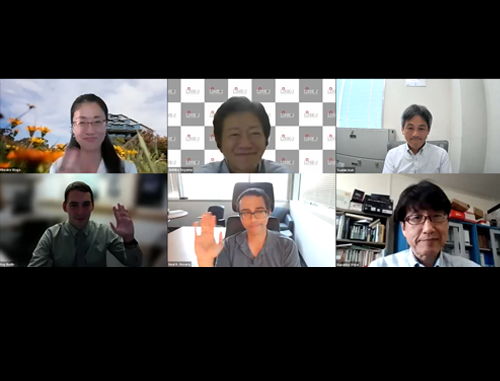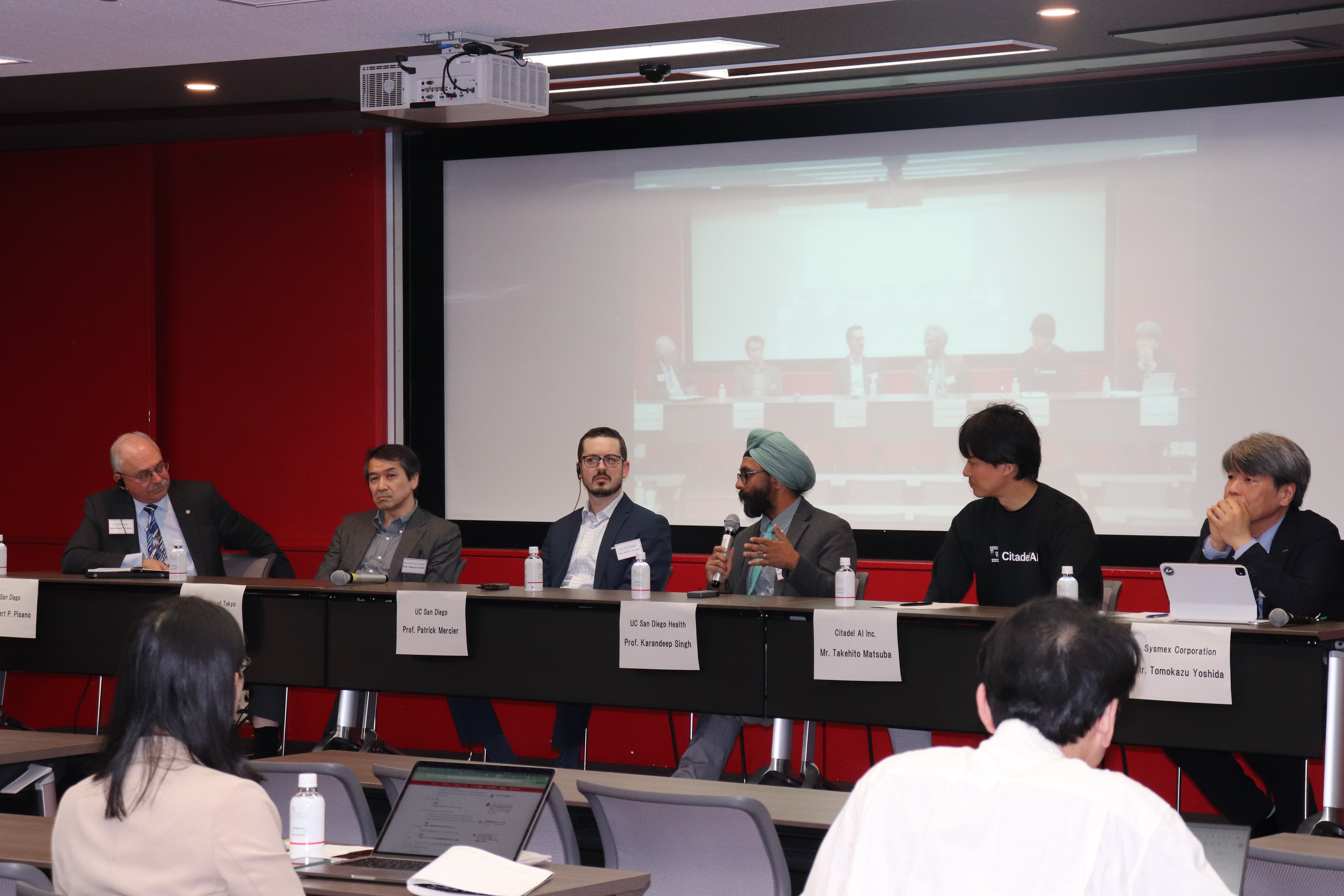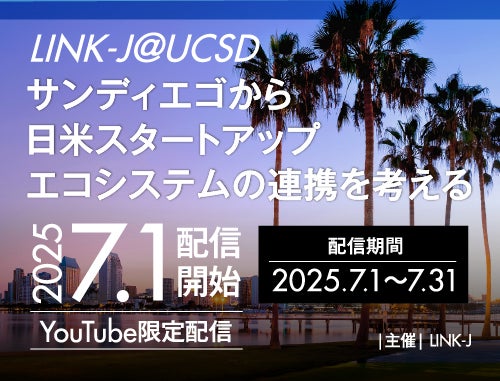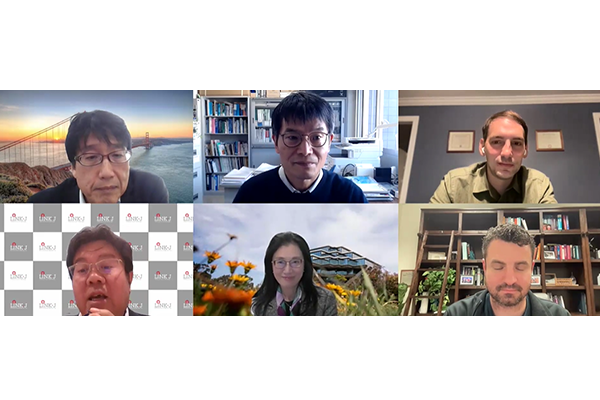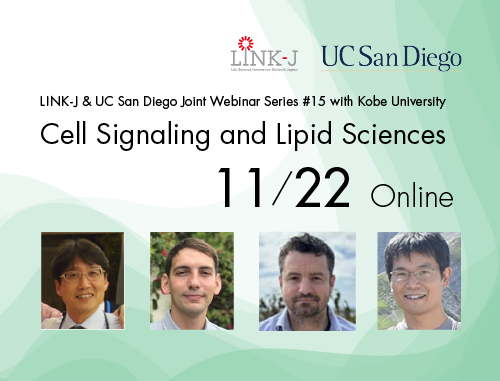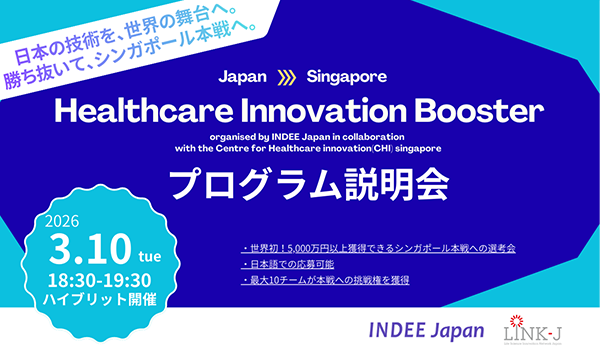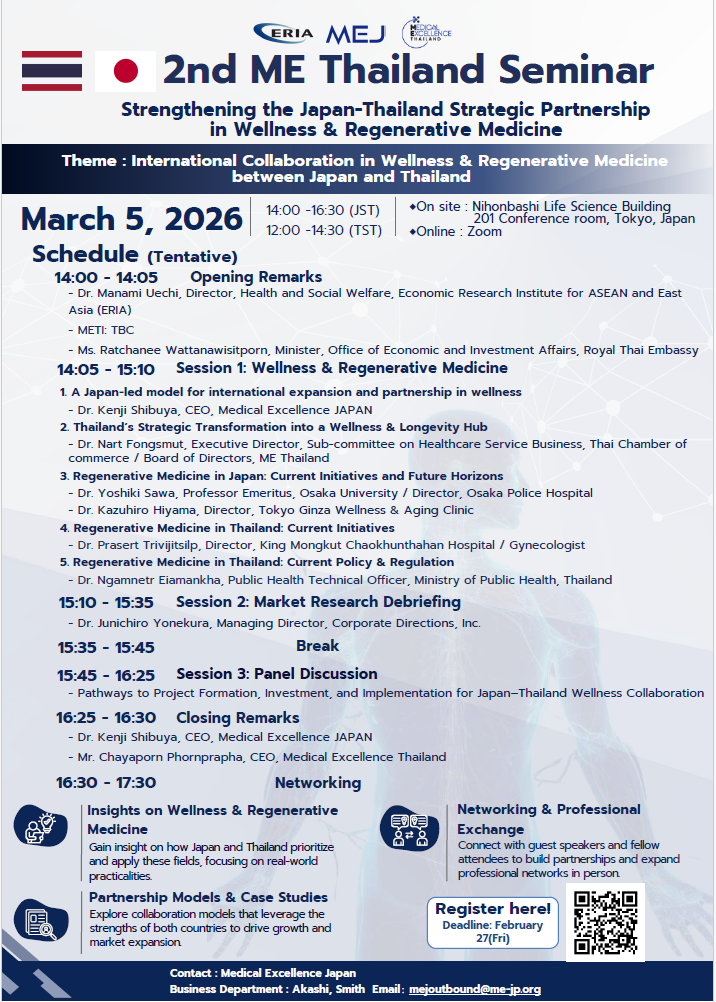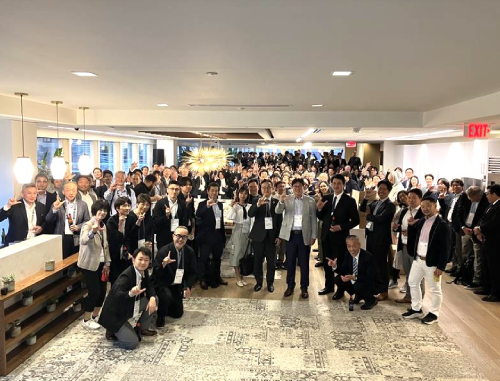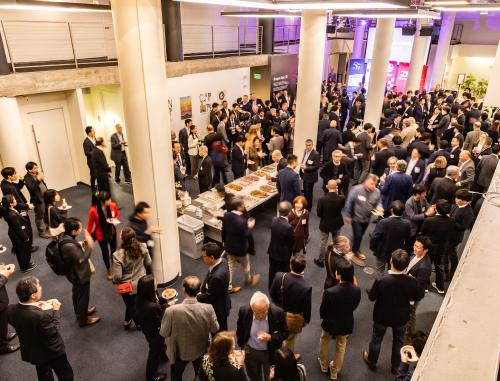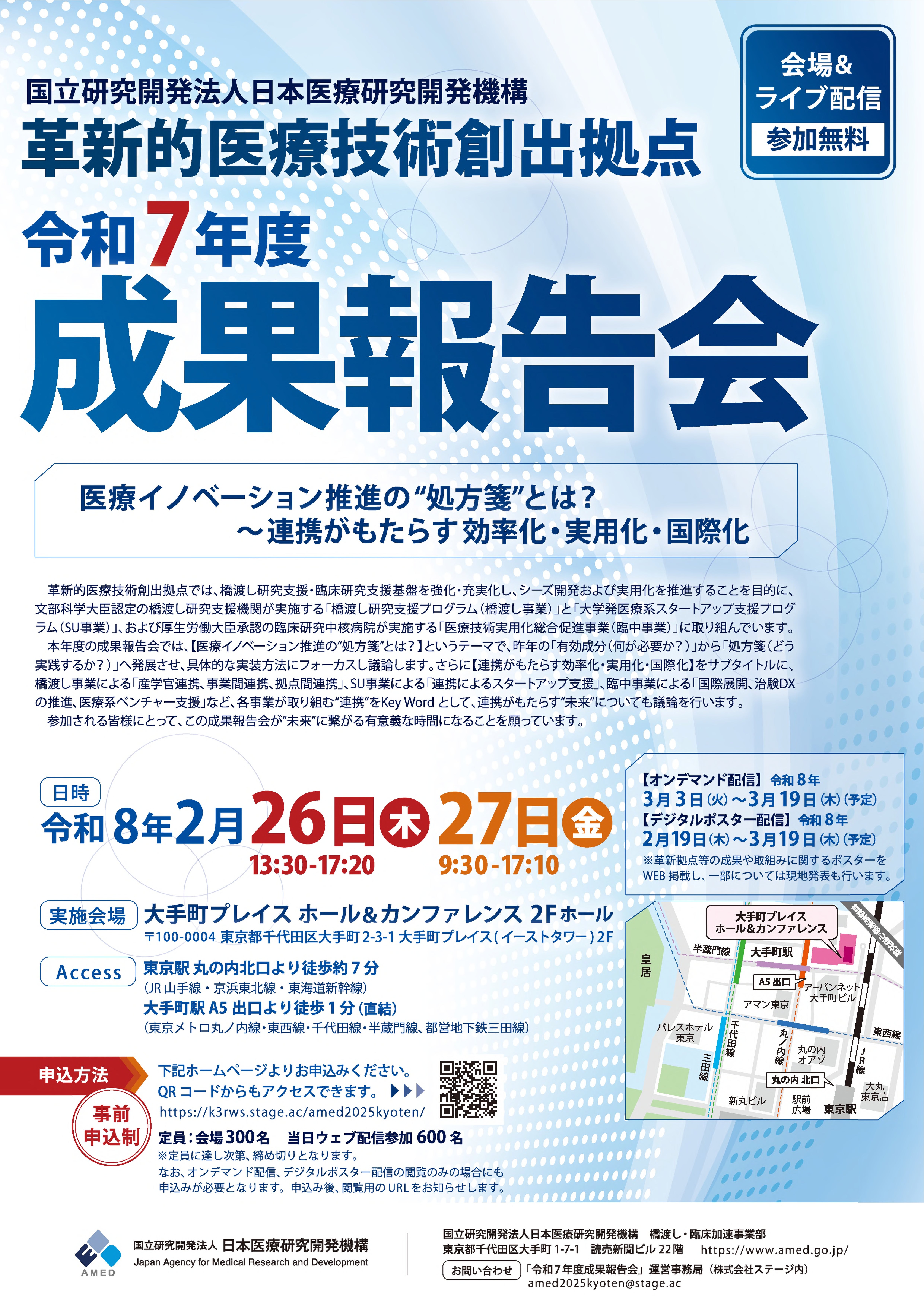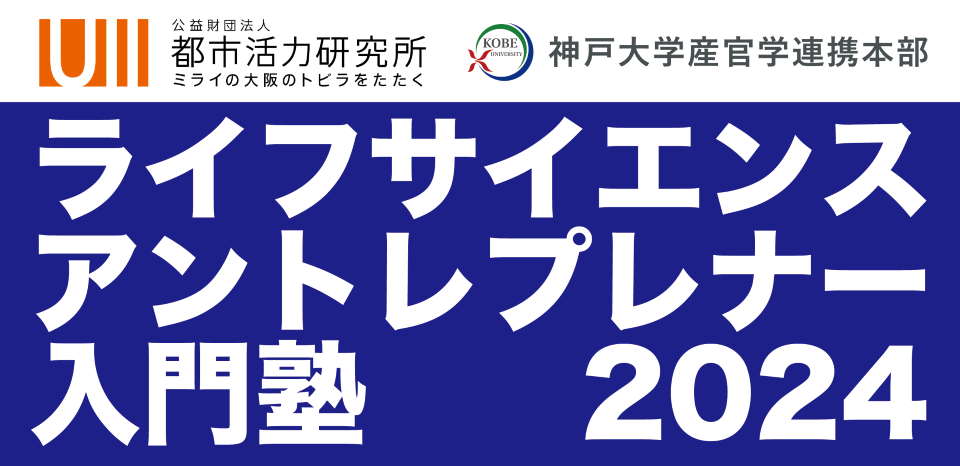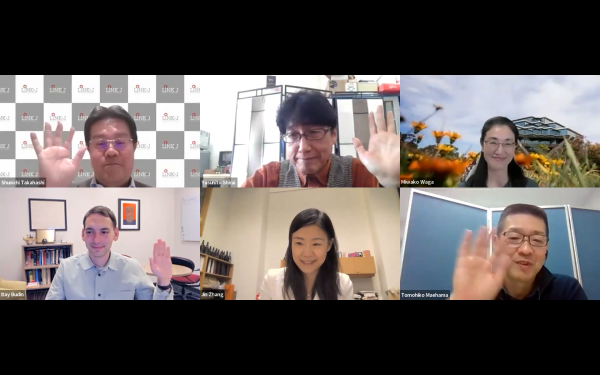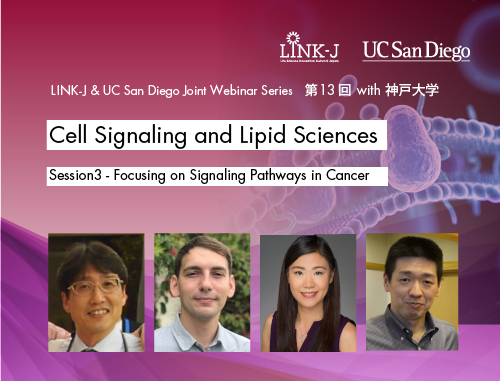2023年3月9日(木)、オンラインにて、UCサンディエゴとのウェビナーシリーズの11回目を開催いたしました。今回は、UCサンディエゴのセルシグナリングセンターと神戸大学のバイオシグナル総合研究センター及びメディカルトランスフォーメーション研究センターの最新の研究を紹介する目的で、Ryan Hibbs博士(Neurobiology, UC San Diego)および古屋敷 智之先生(神戸大学大学院医学研究科薬理学分野)にご講演頂きました。
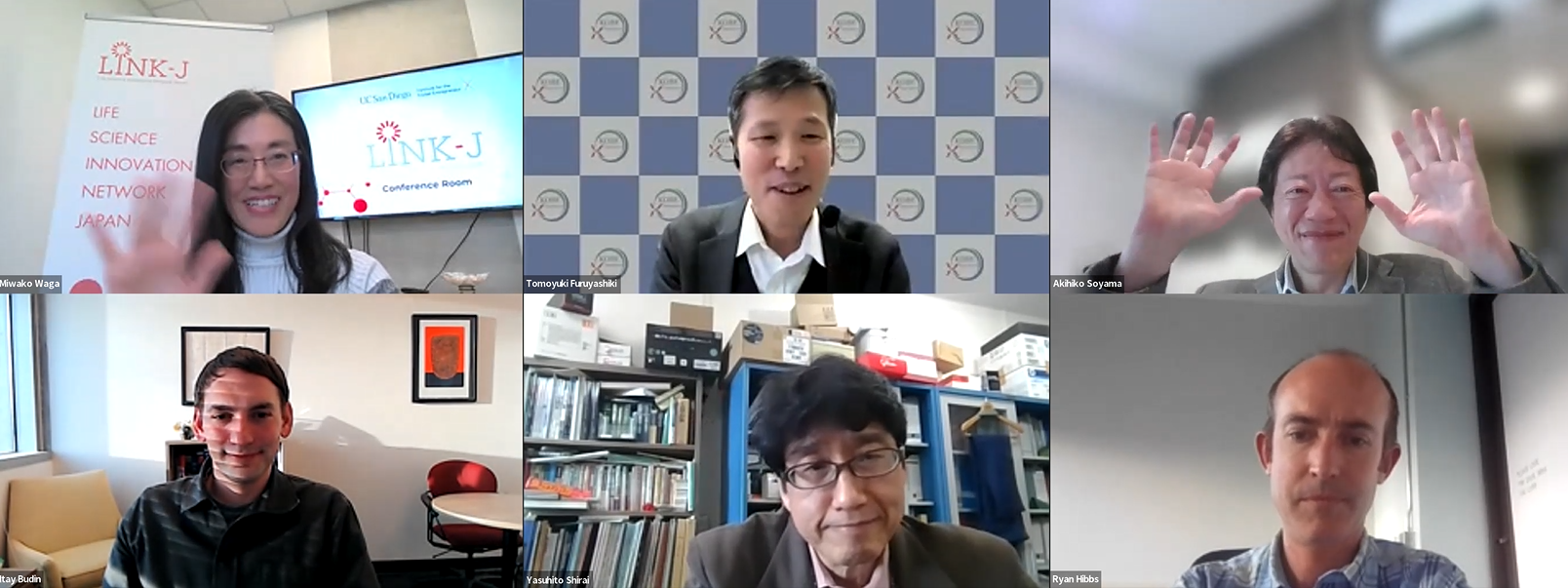
【登壇者】
白井 康仁 先生(神戸大学 農学研究科 教授)
Dr. Itay Budin (Assistant Professor of Chemistry and Biochemistry, UC San Diego)
Dr. Ryan Hibbs (Professor of Neurobiology, UC San Diego)
古屋敷 智之 先生(神戸大学大学院 医学研究科薬理学分野 教授)
曽山明彦(LINK-J常務理事)
和賀三和子氏(UC San Diego国際アウトリーチシニアディレクター)
冒頭に白井先生とItay Budin博士よりご挨拶および講演者の紹介を頂き、パネルディスカッションではモデレーターとして質疑応答を行いました。ご講演のアブストラクトは以下のとおりです。
[講演]"Nicotinic acetylcholine receptor structural pharmacology and gating transitions"
Dr. Ryan Hibbs (Professor of Neurobiology, UC San Diego)
Our lab focuses on using structural and functional approaches to understand signaling by ligand-gated ion channels in the nervous system. A major emphasis is on understanding nicotinic receptor pharmacology from a structural perspective. Here I will present some of our recent work using the muscle-type nicotinic receptor from the Torpedo ray as a structurally tractable reference for the human receptor at the neuromuscular junction. I will focus on how toxins from animals and plants, as well as drugs used in the clinic, act on the receptor, and how we can use this information to understand state transitions that underlie ion channel gating. These studies have revealed a new class of allosteric site partially buried in the lipid bilayer that small molecules important in anesthesia can leverage to cause muscle relaxation.
[講演]"Inflammatory mechanisms of stress and depression"
古屋敷 智之 先生(神戸大学大学院 医学研究科薬理学分野 教授)
Stress is a strain of mental and physical functions caused by adverse and demanding conditions with internal and external factors. Stress aims to induce adaptive biological responses to promote well-being and survival. However, excessive or prolonged stress may cause mental and physical dysfunctions, increasing the risk of depression and other stress-related disorders. Studies with rodent stress models revealed that acute stress enhances stress resilience along with dendritic hypertrophy of prefrontal neurons via the dopaminergic system. In contrast, chronic stress attenuates the dopaminergic system and causes dendritic atrophy in the prefrontal cortex with microglia-driven inflammation. This inflammation is evoked via innate immune receptors TLR2/4 and exerts multiple functions via brain region-specific mechanisms with the lipid mediator PGE2 and proinflammatory cytokines. Besides, chronic stress mobilizes myeloid cells and promotes neural dysfunctions. Collectively, neural circuit remodeling driven by neural and systemic inflammation is responsible for shifting from adaptive to maladaptive responses to stress. In this presentation, I will introduce our recent findings on the inflammatory mechanisms of stress and depression and discuss their implications for therapeutic development for neuropsychiatric illnesses.
当日の模様は、LINK-JのYouTubeチャンネルでアーカイブ動画として公開しておりますので、是非ご覧ください。
講演後はQ&Aセッションを実施しました。白井先生とItay Budin博士がモデレーターとなり、視聴者からの質問を受け付け、細胞膜研究に関する様々なアイディアや疑問点について、議論しました。
ご参加いただいた皆様ありがとうございました。今後もUC San Diegoとの共催ウェビナーを継続的に開催する予定です。
皆様ぜひご参加ください。
